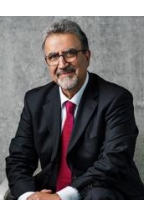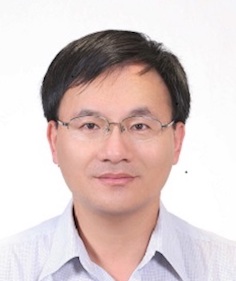Prof. Dr. Feridun Hamdullahpur

Presentation Title
Recent Developments in Fuel Cells, and Hydrogen Utilization
Abstract
Global warming is one of our era’s paramount challenges, necessitating unprecedented efforts to transition to clean energy successfully. Despite the array of strategies available to mitigate global warming, such as electrification, the future of clean energy transition unmistakably includes hydrogen as a cornerstone. This presentation will delve into the recent advancements in fuel cell technology, which is pivotal for clean energy production, and explore the utilization of hydrogen as a sustainable energy vector.
We will examine the latest innovations in fuel cell technology, highlighting their potential to revolutionize energy systems by providing efficient, clean power. The discussion will extend to the barriers and challenges associated with deploying fuel cells across various sectors, from transportation to stationary power generation, underscoring the technical and economic hurdles that must be overcome.
Furthermore, the talk will cover sustainable hydrogen production methods, mainly focusing on renewable sources such as wind and solar energy. The versatility of hydrogen in various applications, ranging from powering vehicles to storing energy, will be thoroughly discussed. We will also provide insights into the current industrial landscape, showcasing how hydrogen is being integrated into different applications and the impact this has on reducing carbon emissions.
This presentation aims to shed light on hydrogen’s crucial role in our journey towards a cleaner, more sustainable energy future by offering a comprehensive overview of the state-of-the-art fuel cell technology and hydrogen utilization. We will explore the pathways to overcoming existing challenges and the potential for hydrogen to contribute significantly to the global fight against climate change.


